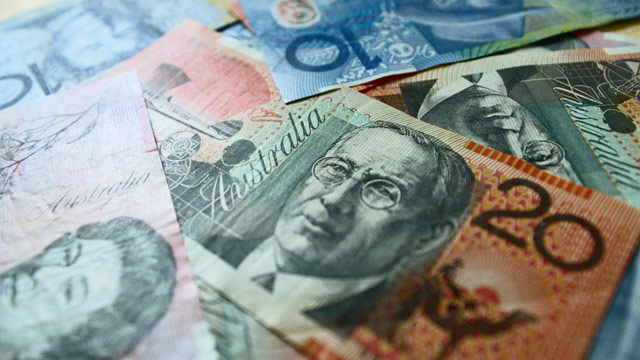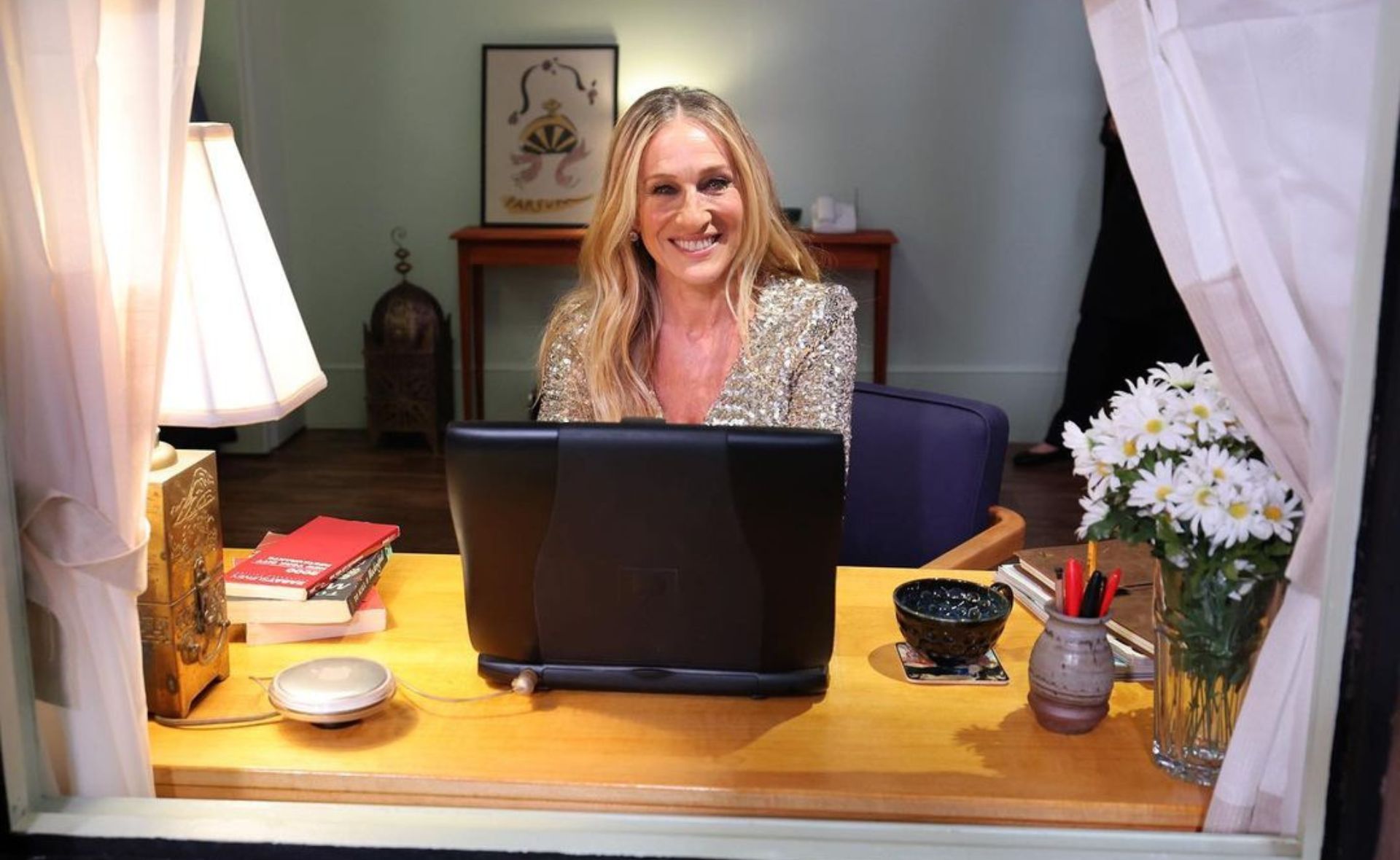Geoff Devitt’s superannuation accounts were a mess, so Adrian helped him trace his lost money.
Did you know there is more than $12 billion worth of lost superannuation in Australia? That figure is staggering, considering our population is more than 22 million and compulsory super only started little more than a decade ago.
Geoff Devitt has put a lot of his hard-earned wages into various super funds, but has never kept track of them as he’s changed jobs. He has also moved address a few times and been slack in notifying all of his super funds. As a result, he’s lost track of his money.
I went through Geoff’s paperwork and it was erratic! He had records for eight funds, with the highest balance $20,000. I recommended he roll over the funds into one, to make it simple to manage.
We were able to make contact with all of the funds, to roll them over into the fund with the right return and fees for Geoff. Some institutions had transferred the money to other funds, but we tracked them down too.
Funds generally require an identity check so the transfers won’t happen in a hurry. Some also have exit penalties, in which case it may make more financial sense to stay with them.
I then asked Geoff to go through his tax returns and résumé, to write down all of his past employers. There were quite a few from the early 1990s, when he did part-time work while studying.
We found six jobs unaccounted for, so we called the payroll section of each employer, asked what super fund they put employees’ super into, then contacted each. The result was we found four more of Geoff’s lost accounts worth $12,831 in total.
Finally, we went to the Australian Taxation Office website and used the SuperSeeker tool. The result? We found an extra $1462!
Update your address. Notify all of your super funds when you change address, or risk losing touch with your funds.
Consolidate. Don’t have a dozen super funds. They’re too hard to manage and may cost you a fortune in fees.
DIY. You should have a minimum of $100,000 before you start your own self-managed super fund. If you don’t, the fees will eat up any benefits of doing it yourself.
Talk to a financial advisor. You wouldn’t let an amateur build your house. Why do the same with your superannuation?
Allocate time to your superannuation. Take the time to look after one of your biggest assets.
Keep track. Check your annual super fund statements for employer contributions, fees and insurance cover, and analyse the fund’s investment performance overall.




